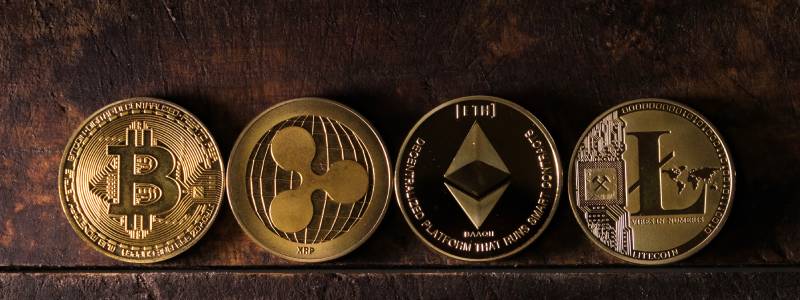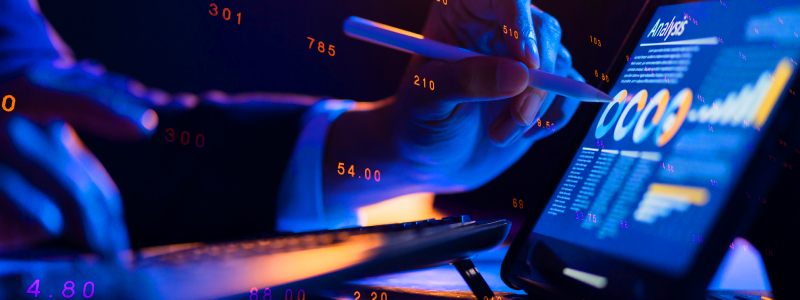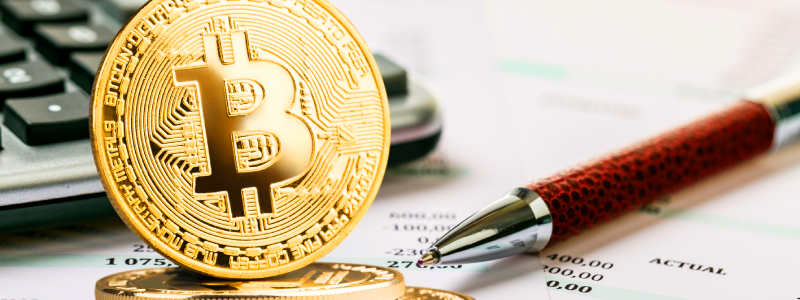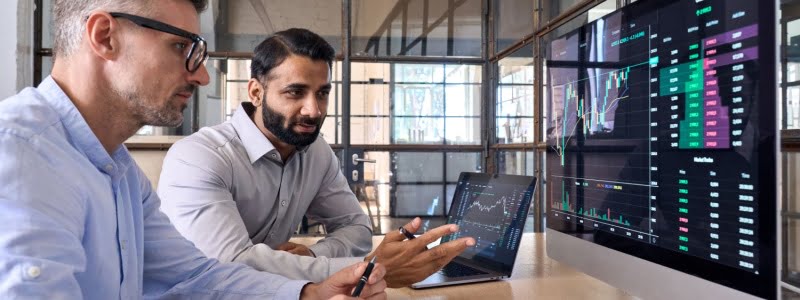Discover the crucial need for crypto enthusiasts and businesses to grasp the GST implications amid the booming popularity and innovation of cryptocurrencies. Stay informed for smarter financial decisions in the evolving digital asset landscape.
The Australian Taxation Office (ATO) has recently revised their guidance on Goods & Services Tax (GST) and Crypto (QC 54048) illustrating the ATO’s intention of ensuring Australian taxpayers are navigating this space correctly. We will dive into the key considerations to be aware of when operating in this space in the 2024 financial year.
What does and does not attract GST?
For most crypto taxpayers, their crypto activities will not attract GST. This is because the ATO considers the buying and selling of crypto (for fiat or other crypto as being input-taxed. This means, there is no GST whatsoever for the taxpayer.
It is important to note that despite being a crypto trader, and carrying on a business will most likely have no GST implications. This is because the GST threshold does not include input-taxed sales. Therefore, if you are carrying on a business of only trading crypto you may not need to worry about applying for an Australian Business Number (ABN) or registering for GST.
Receiving crypto as payment
For most businesses in Australia, the exposure to crypto will likely be intentional, such as accepting crypto as a form of payment. This may be done to appeal to crypto goers that may prefer to transact with a business using their crypto assets without having to sell them to fiat first.
Businesses that are registered for GST must report the sales they make that attract GST regardless of whether they receive fiat or crypto as a form of payment. It is popular for payment gateways to be used which transact the crypto into fiat, so the receiving currency in fiat as opposed to the crypto asset.
However, for businesses that receive crypto assets for payment for services must consider some additional record-keeping requirements to ensure they remain compliant. It is important for business owners to understand that blockchain transactions are not inherently captured within traditional accounting software such as Xero, MYOB, or QB. This increases the compliance burden, so establishing good systems and procedures to manage this is essential.
Making a payment in crypto
For the purposes of GST, if you acquire goods or services through the payment of crypto, and the payment includes GST, your business will be entitled to claim the GST credits just as if it had used fiat.
As it is with receiving crypto as payment, making payment in crypto creates a disconnect between traditional accounting systems and transactions occurring on the blockchain. Therefore, it is important to consider a solution that ensures the business is compliant in reporting its business activities but also doesn’t lose GST credits that reduce the overall GST payable and other taxes to pay on your Business Activity Statements (BAS).
It is also important to understand the broader tax implications of disposing your crypto assets to make payment for goods or services. This will either be a disposal of an asset, or disposal of trading stock. Each has their unique tax implications, however, the proceeds of the asset or trading stock sold will equal the value of goods or services acquired.
It will significantly reduce the compliance burden and risk of accurately reporting your business affairs by using a payment gateway. This will ensure there is an endpoint on the blockchain that can be easily accounted for in most trusted crypto tax software providers.
If your business regularly makes payments in crypto for various goods and services, such as making contractor payments, it is imperative that regular and proper crypto bookkeeping procedures are undertaken. This will ensure that the transactions transpiring on the blockchain, which may appear as just withdrawals from the business’s wallet or exchange address, are being accounted for correctly.
It is important for businesses transacting on the blockchain to provide and request invoices for payment and receipt of crypto for goods and services. If this is not possible, then ensure to save down supporting documentation to substantiate the transaction. This may be a chat log between the business owner and a contractor where the fee for service has been confirmed.
GST & Non-fungible tokens (NFTs)
The GST regime distinguishes between Crypto and NFTs. Unlike our income tax laws, NFTs are viewed differently and are a taxable supply unless the supply is GST-free. This means that the sale of NFTs in Australia will inherently attract GST. Therefore, if your business sells NFTs then you will need to include these sales when determining whether you will exceed, or reasonably expect to exceed the GST threshold.
It is important to consider GST implications in sales projections and setting your sales price. Without consideration, GST that must be paid to the ATO will come out of net profits as opposed to being added on top of the sale price. Due to the lack of guidance from tax professionals and the ATO on this matter, we have found many businesses having to reach into their own back pockets to pay the GST for sales that attract GST and where the business has exceeded the GST threshold. This is also usually identified a few years after the original sales have taken place, and further adds to the burden of having to finance the GST liability. To avoid this happening in future endeavours and for new business owners, we strongly encourage you to seek out professional advice.
GST-free NFT sales
The sale of NFTs will be GST-free if they are made to a foreign resident i.e. export sales. This means that only NFT sales made to Australian residents will attract GST. With the decentralized nature of self-custody wallets, the practical application of identifying your customers’ location for this purpose may not be possible.
Please note, the ATO has announced that it will accept the location of a digital currency exchange being used when transacting with another party in determining whether a sale is GST-free if the location of the other party is unknown. While good news to some, this doesn’t apply to NFT sales, this is because the GST regime does not define NFTs as a digital currency.
Our Commitment
As one of the original crypto tax and advisory firms in Australia, Fullstack Advisory is committed to the ongoing tax compliance and advisory support to the crypto community. Fullstack Advisory’s Crypto Tax Team has extensive experience working NFT businesses, some of which you know and love. As part of our commitment, we welcome you to schedule a quick chat to discuss your affairs and how we can help.
Reach out to our team to discuss your crypto tax returns & BAS today.
Was this article helpful?
Related Posts
- How is Crypto Taxed in Australia?
Whether you are a crypto trader or investor, you most likely have the task of…
- Preparing for your 2024 Crypto Tax Return
Understanding the intricacies of organising your crypto year-end data can seem like a challenging endeavor.
- Crypto Trader vs Crypto Investor
Working out whether you are a crypto trader or investor at tax time can be…
- Cryptocurrency and GST
If you're into cryptocurrency, this guide will help you know how the Goods & Services…

















